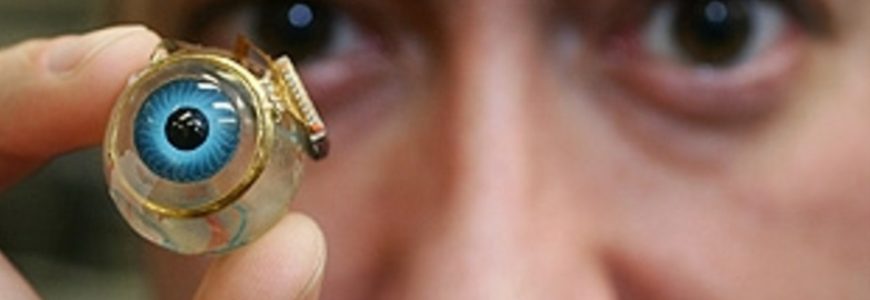
SYLMAR, Calif.–(BUSINESS WIRE)–Second Sight Medical Products, Inc. (NASDAQ: EYES) (“Second Sight” or “the Company”), a developer, manufacturer and marketer of implantable visual prosthetics that are intended to create an artificial form of useful vision to blind patients, today announced market entry into Iran, implanting the first two patients with the Company’s Argus® II Retinal Prosthesis System (“Argus II”). The implant was facilitated by the country’s exclusive distribution partner, Arshia Gostar Darman Co. Ltd.
“These first implants in Iran are part of our strategy to selectively target and partner with leading eye centers and distribution partners around the world in order to increase the availability of the Argus II to individuals with Retinitis Pigmentosa. The adoption of Argus II by a growing number of centers globally is a testament to the increasing acceptance of our technology,” said Will McGuire, Chief Executive Officer of Second Sight.
The implants were performed in Shiraz, Iran during November 2017 by Professor Mohsen Farvardin and his team at the Shiraz Pars Hospital and Khalili Hospital, Shiraz Medical Science University in 44-year-old and 33-year-old patients with Retinitis Pigmentosa.
Professor Emin Özmert from the University Faculty of Medicine, Department of Ophthalmology, Ankara, Turkey acted as a supporting surgeon.
About the Argus II Retinal Prosthesis System
Second Sight’s Argus II System provides electrical stimulation that bypasses the defunct retinal cells and stimulates remaining viable cells inducing visual perception in individuals with severe to profound Retinitis Pigmentosa. The Argus II works by converting images captured by a miniature video camera mounted on the patient’s glasses into a series of small electrical pulses, which are transmitted wirelessly to an array of electrodes implanted on the surface of the retina. These pulses stimulate the retina’s remaining cells, intending to result in the perception of patterns of light in the brain. The patient must learn to interpret these visual patterns, having the potential to regain some visual function. The Argus II was the first artificial retina to receive widespread commercial approval, and is offered at approved centers in Canada, France, Germany, Italy, Russia, Saudi Arabia, South Korea, Spain, Taiwan, Turkey, the United Kingdom, and the United States.

